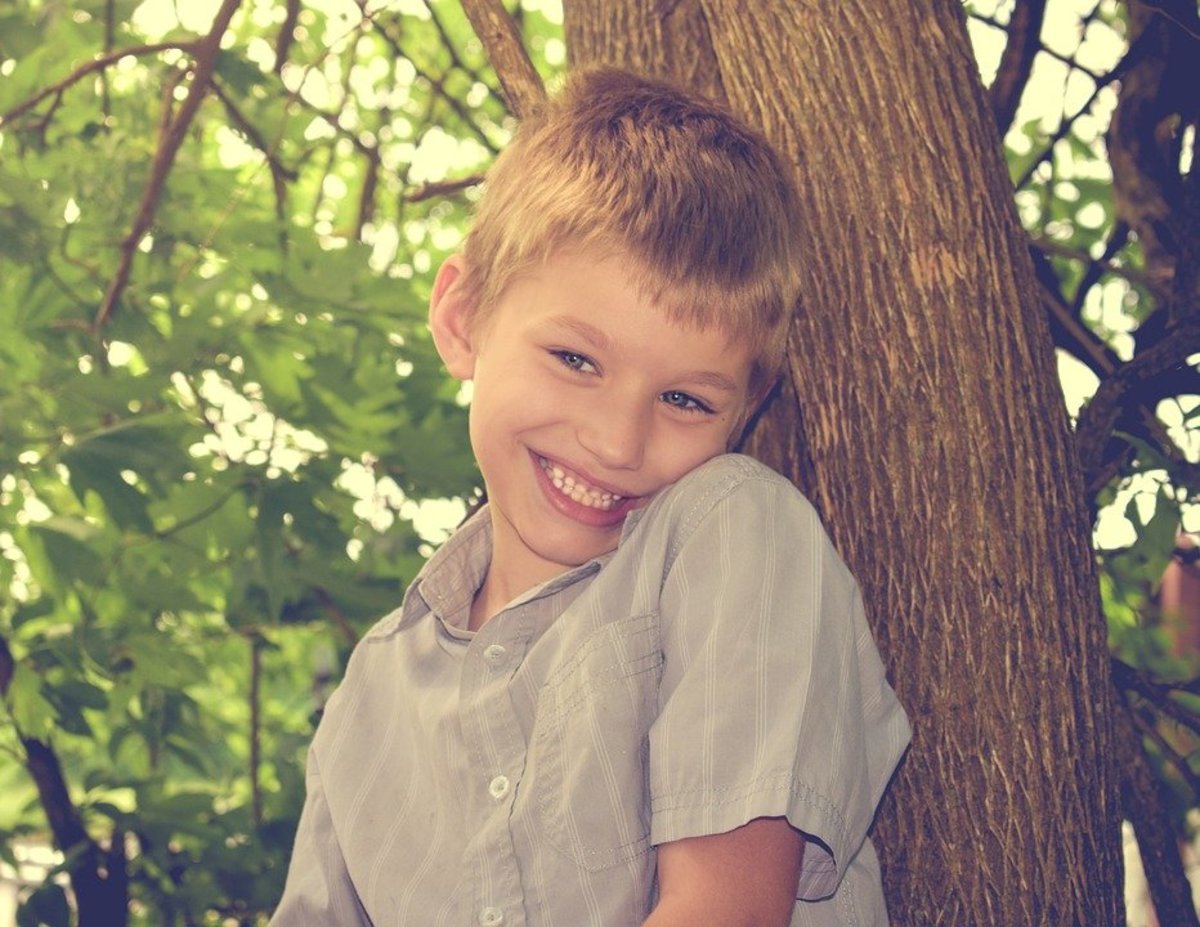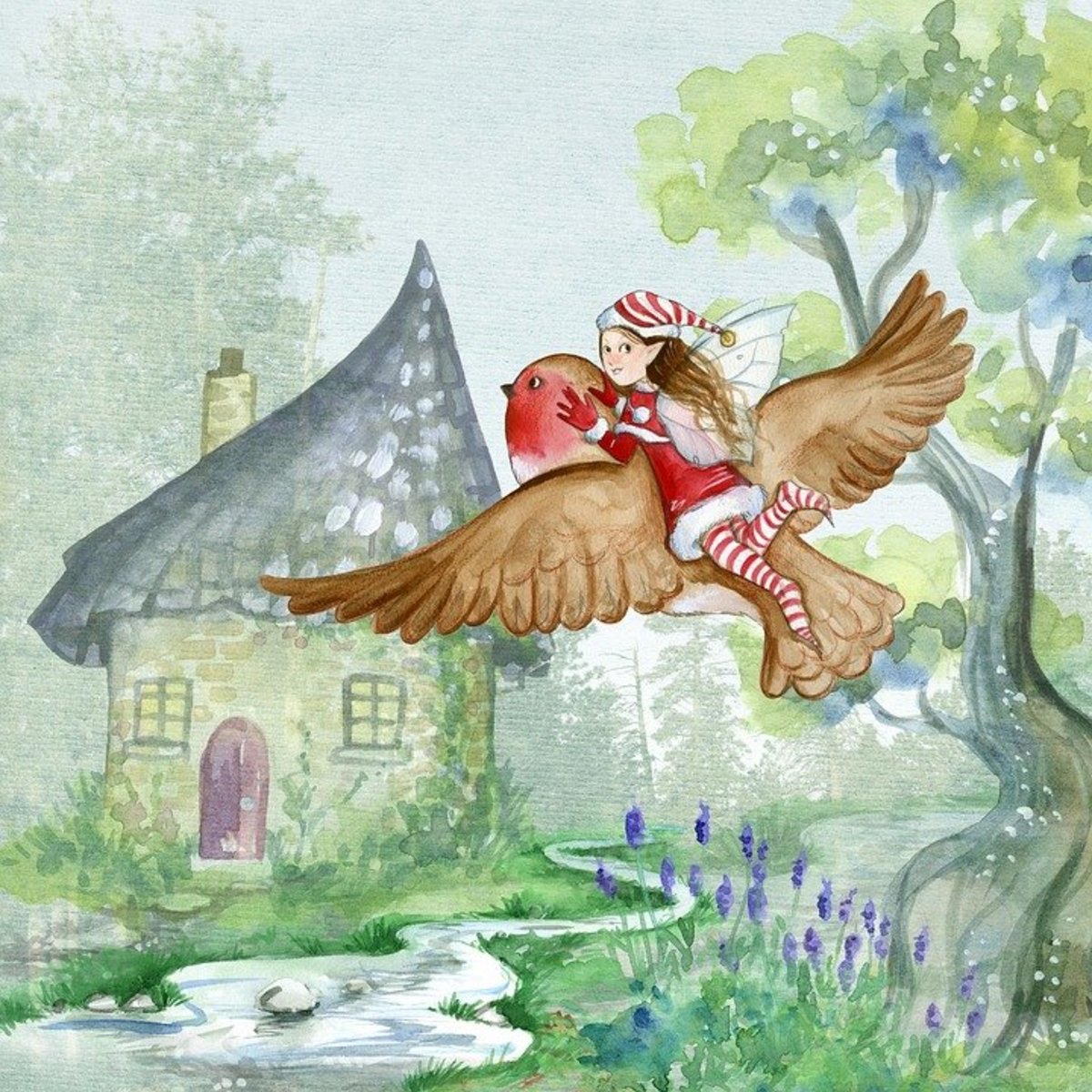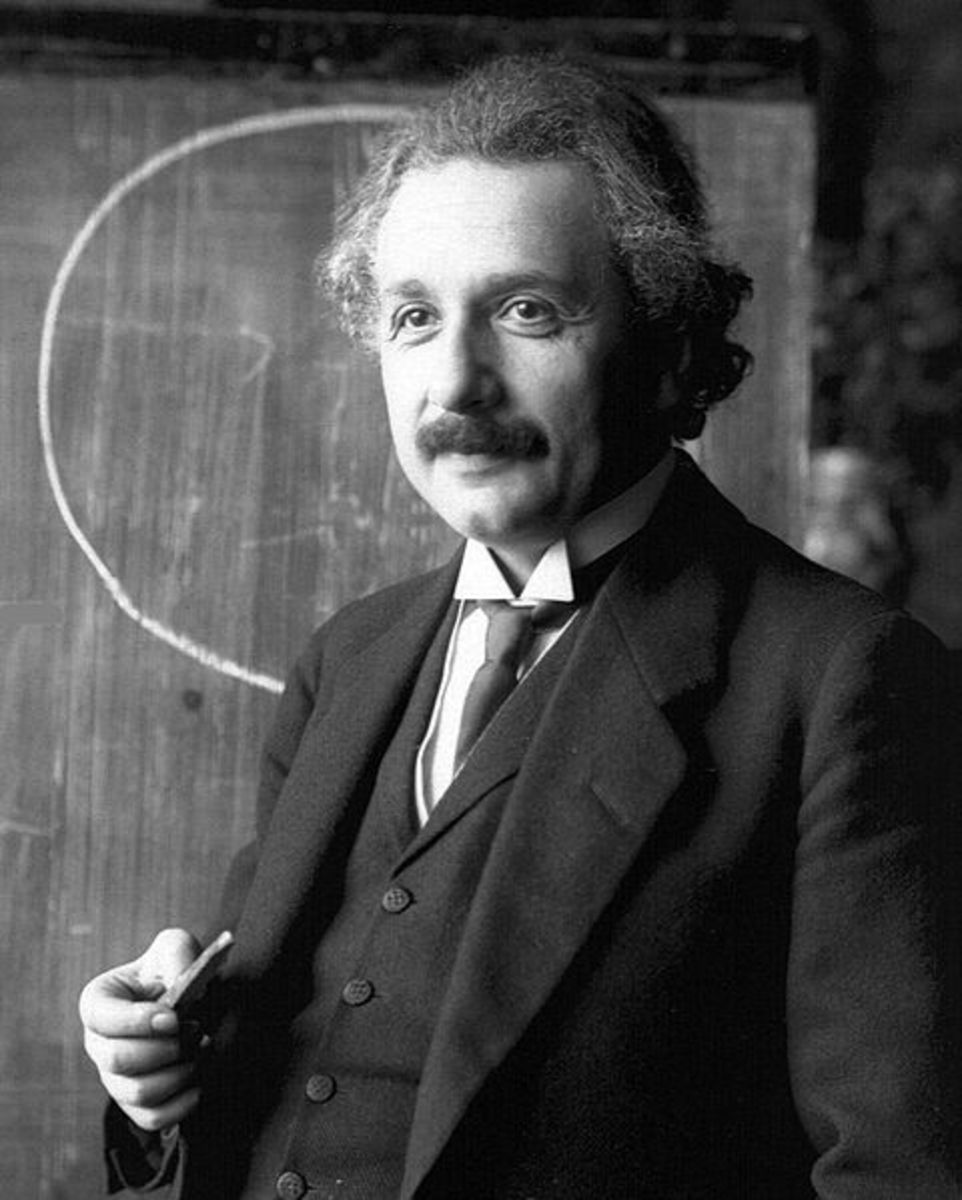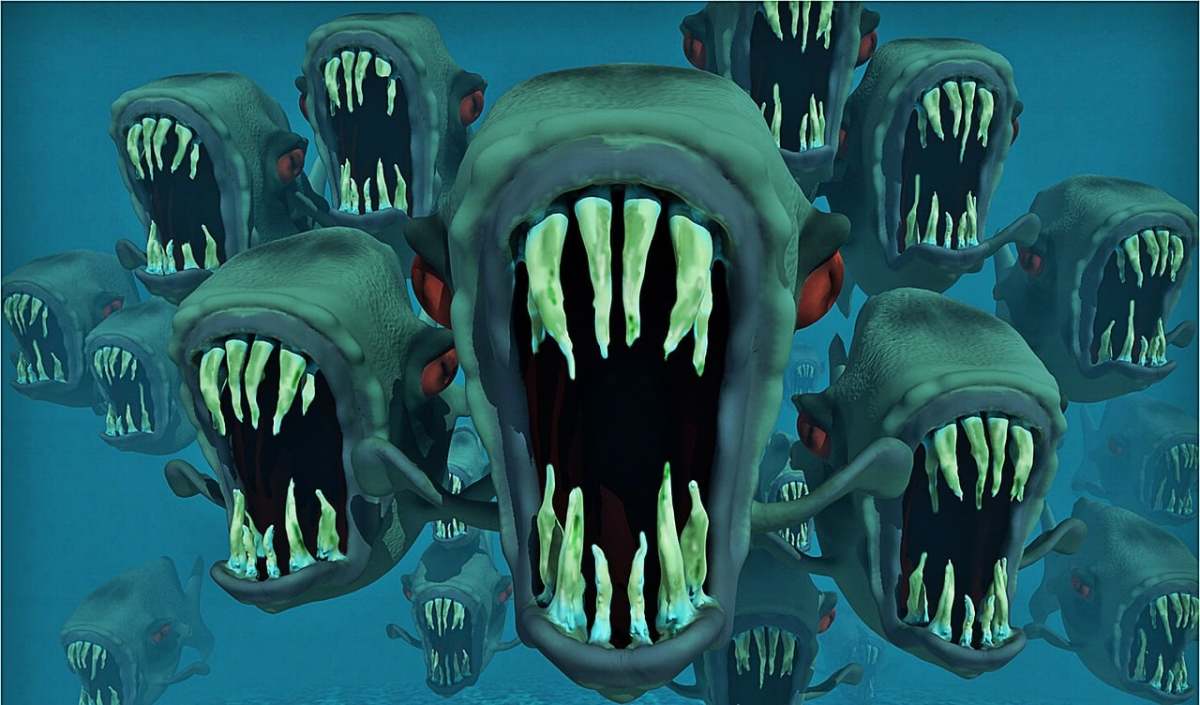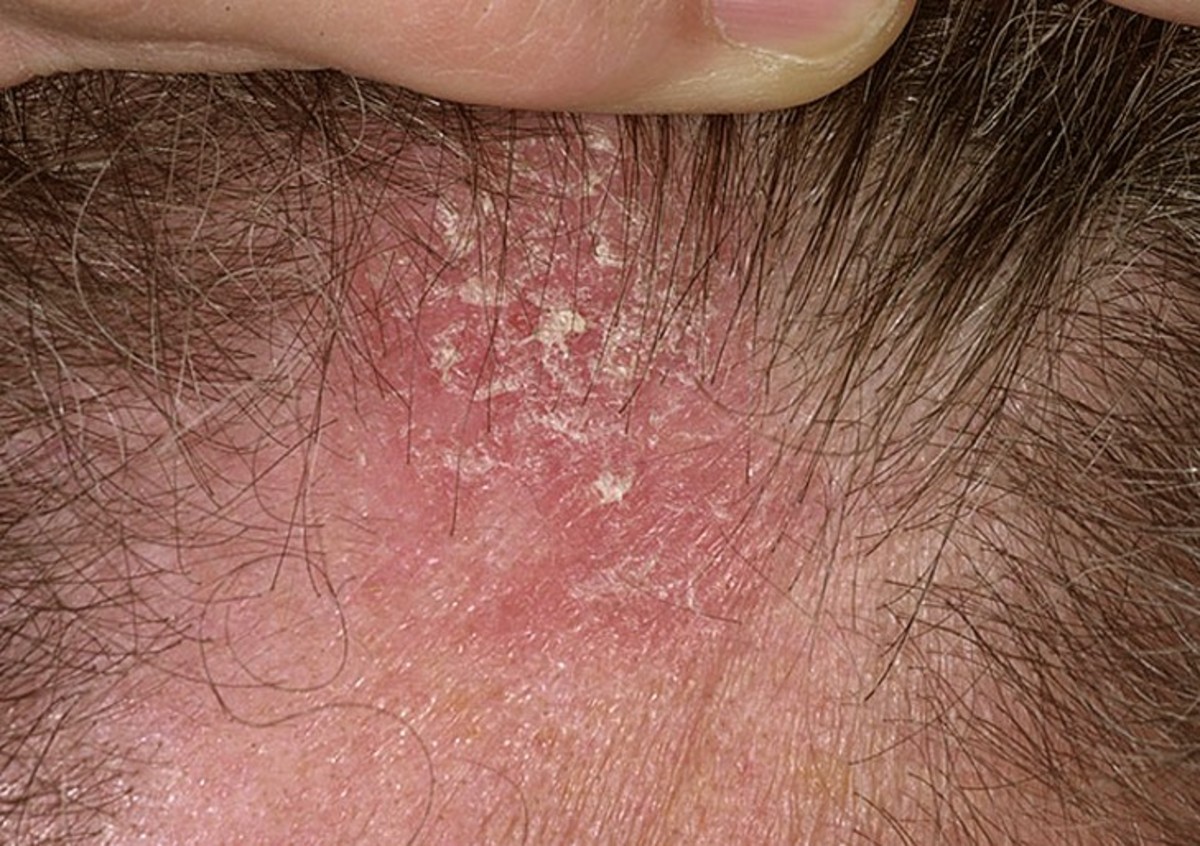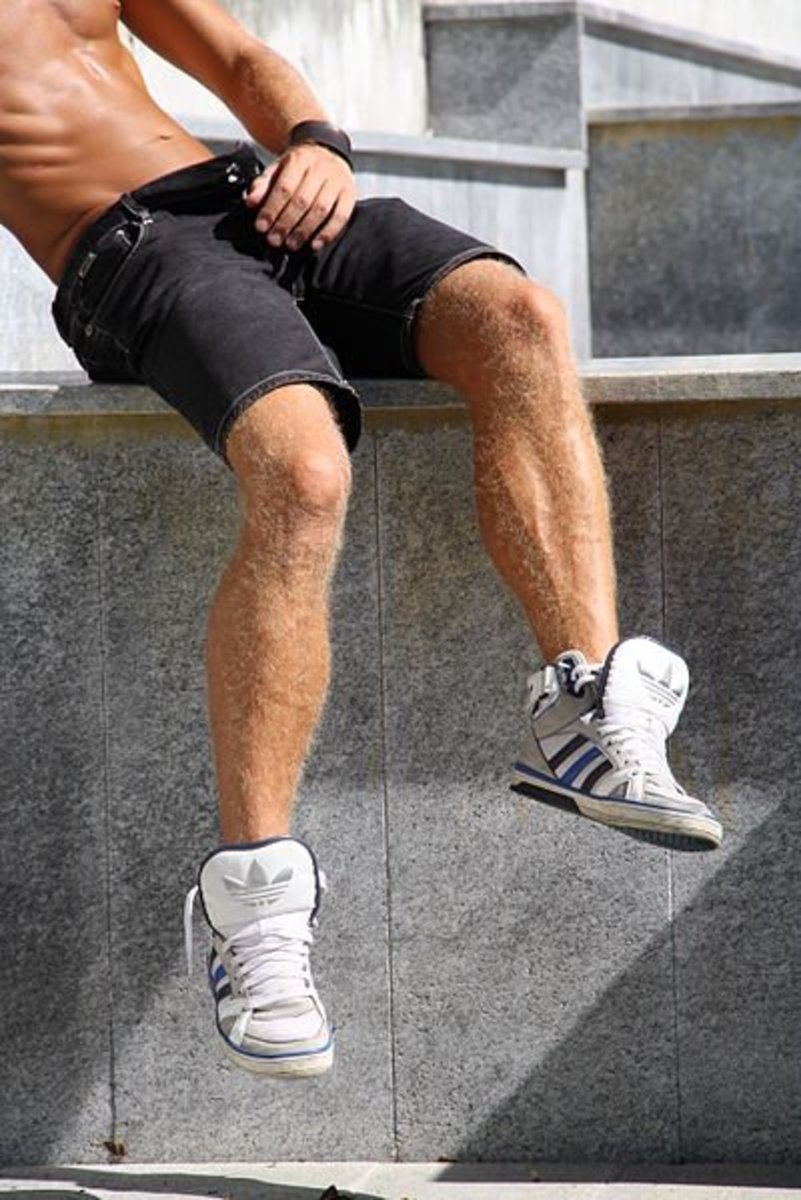ASPIE ALIENATION - FROM A BLACK PERSPECTIVE
On the surface, this may seem like a self-pitying, whining, woe-is-me tome from a forty-year-old loser with no lucrative career, income, or a decent amount of money who is still supported by his mother and doesn't know how to drive a car, which is akin to mental retardation in Southern California, where I live.
This article may seem at first glance a mere rambling by someone who blames the world and everyone in it for alll his troubles and failures.
Though some people will think such after reading this, I feel that would be an incorrect description; this is not intended to be self-pitying, whining, or woe-is-me, nor is it intended to coerce anyone into feeling sorry.
This is intended as a person with a disability - Asperger's Syndrome - describing his sufferings and struggles with a world that he feels he does not fit in, and his ostracism from it; a world that, in his view, clearly seems to exclude him from the milestones that it has to offer.
I believe that I can write about this disability and the experiences that go along with it, because the person describing his sufferings and struggles in the world due to this condition is me.
Before continuing, a definition of Asperger's Syndrome is certainly in order:
Asperger's Syndrome is a high-functioning form of autism that negatively affects social interaction.
As part of the autism spectrum, characteristics of this disorder include difficulty making friends, obsession with different topics and subjects, not understanding that other people have beliefs and feelings different than one's own, saying inappropriate things without realizing it, and in my case talikng to myself and reacting badly when I feel others are unnecessarily picking on me or treating me like a lesser being.
Putting it differently, "Aspies" are generally seen as a little strange. Sometimes they are seen by others as extremely strange. As one of the 20 million people with Asperger's worldwide, I am definitely no exception.
Bullied in elementary and junior high school, ostracized in high school, and after a reprieve with modest social success in college (and even then I was shunned and ostracized by a number of people), rejected in the workforce, my experiences with this condition has undoubtedly rendered me as an "odd aspie out".
What I was unaware of throughout my life, until much later on, was that in the world of children and adolescence, different equals bad.
Different equals dorky.
Different equals derision.
Different equals social rejection, and in many ways I was as different as one could get.
AS - short for Asperger's - is often called a "Geek Syndrome", because of people, children and adults, acting so different from the social norm, and having excessive knowledge and obsession with different things. That certainly described me growing up.
In my youth, and into my young adult years, I had obsessions ranging from Robin Hood, the Peanuts gang (I was an absolute Peanuts freak), and maps as a little kid, to baseball, baseball caps, and Judy Blume books as a young teenager, to college football, UCLA sports and athetic gear, and Las Vegas as an adult. This was not seen as normal to many people, and these obsessions, an AS trait, helped contribute to my ostracism and rejection.
Being an African-American youth with Asperger's, it was extremely tough trying to fit in and be accepted by my black peers, especially since I had lived in an almost all-white rural area until age nine, when I moved into a predominantly low-income minority neighborhood.
From kindergarten through third grade, I had exactly one black classmate in those four years. From fourth grade on, it was a completely different story. It didn't take long before I was essentially rejected by the other black kids at the schools I attended, especially the boys.
One may ask why the black kids, as a whole, rejected me so. Let me count the reasons:
FIRST: I was one of the best students in my grade and in my classes. School came easily to me in the elementary and junior high years, and I was fairly enthusiastic about it. I consistantly got top grades and awards; I particularly remember winning an essay award from the Daughters of the American Revolution and getting my picture in the local paper in fifth grade.
Unfortunately, among most of the black youth there, school success was not seen as socially "cool"; it is often still not seen as such. Being smart was - and largely still is - seen as a "white" thing among most black kids in the inner city. That made me a target for ridicule and bullying.
SECOND: Part of the black inner city youth culture dictated that your "coolness" factor depended on how well you brawled and threw fisticuffs; how tough or "hard" you were, which is still the case.
As for me, I didn't like to fight, because I was scared of gettiing into trouble and wanted to be in the good graces of teachers and others. I often cried when I was hit or picked on, so when I was "tested" in that aspect, I failed miserably and became a "mark".
In the eyes of many of the black kids I knew, I was "scary". I was also "goofy" - that was a common taunt. Not to mention, pardon the expression, a "faggot" in their eyes; I was called that as well.
THIRD: Up until around age eleven, I was not too good at athletic skills. I couldn't really catch, throw, or hit a ball, which is a prominent aspie trait; lack of gross motor skills.
In black youth culture, that was - and is - practically a crime punishable by death. It made me a big target of ridicule and taunting; derisive laughter and being called "sorry" was standard procedure with me. Even when my sports skills improved at around sixth grade, it was not enough to shake the reputation among the bulk of the black kids I had obtained at age nine.
FOURTH: Up until roughly my teen years I did not dress in the latest "hip" or "cool" styles or wear the "fresh" brand of shoes.
While the other boys were wearing knee-high tube socks, at ages nine and ten I was wearing "ankle-binders". While the other guys were wearing Nikes, Pro-Keds, Pumas, and Converse Doctor Js - the precursor to NIke Air Jordans - on their feet. I was wearing cheap K-Mart (the Walmart of the 1970s) jogging shoes and Toughskins jeans from Sears that sometimes "flooded" - failed to cover the ankles so that my socks were showing.
It wasn't until around the eighth grade that I started to wear what everyone else was wearing. It was then that I got my first Nike shoes. I remember them fondly: low-top white canvas with a light blue swoosh. Inevitably, I was ridiculed for the bulk of my time in the elementary upper grades, and it served as more cannon fodder for the majority of the black kids in my school.
In short, in black inner city youth culture it was - and is - "cool" to not be smart. I was.
It was not seen as socially cool to get good grades. I did.
It was seen as cool to be disrespectful to authority and to get into trouble at school. I didn't - I was regarded fondly by teachers and other adults and seen as a good kid.
It wasn't cool to talk to oneself. I did.
It was cool to be tough, or "hard", and to fight. I didn't.
It was cool to be good at sports. I wasn't until much later on.
It was expected to be dressed in the hip fashions and to wear the fresh sneakers. I didn't for a long time. All largely due to being an "aspie" and unaware of needing to not get good grades, to get into trouble, to fight, to be great at sports, and to wear the "fresh" clothes in order to be accepted.
In the eyes of many of the black kids, I was - again, pardon the expression - a "fag". A "mark". "Goofy". "Retarded".
As a result, I was summarily rejected and bullied, and ended up gravitating toward the white kids, who tended to treat me a little better than a lot of the black kids did. That led to even more derision from my black peers as an "Oreo" - black on the outside, white on the inside.
It is safe to say, looking back, that it hurt having people who looked like you socially reject you - it hurt a lot, actually.
So much so that even though I managed to find black friends in college, people who accepted me better for who I was because they, like me, were also smart and enjoyed success in school, I still felt largely alienated from the black community, specifically inner city black culture.
Simply put, many, if not most, of the black kids treated me badly during my childhood, and it has scarred me to the point that I find it perhaps too difficult to forgive and forget, even though I should.
There was a time when even some of my own relatives took part in abusing and bullying me in my eyes. I remember the exact date: July 4, 1976, our nation's 200th birthday.
I was nine years old at the time, having celebrated my birthday two weeks before. I was taken to my aunt and uncle's house for the celebrations - food, fireworks, firecrakers, sparklers, the whole nine. I better not name the town, if I'm going to describe what happened next...
I was sitting on the front steps with my uncle, and he, to my recollection, was asking me something about if I knew how to fight.
The next several minutes were a blur, as all of a sudden a bunch of fists were landing on me. I tried to fight back, but I knew I looked pathetic. The next thing I knew, some seeemingly thuggish neighbor girl with a cast on her arm clocked me and knocked me down, leading to some hysterical crying.
I understand now that they were trying to teach me how to be tough and to defend myself, to "toughen up".
My Asperger's, however, wouldn't let me see it that way.
In my mind, they were doing nothing but bullying and abusing me, which ultimately conrtributed to me feeling ostracized, rejected, and alienated from the African-American community at large, specifically the inner city community; it helped gravitate me toward the white kids that much more.
And it is apparent that this episode left a lasting impression of the negative kind, as I still remember it over thirty years later.
I need to emphasize that it was not all of my cousins and relatives that treated me like this; the youngest daughter of this particular uncle was like an older sister to me. Plus, in fairness, they had no idea about my AS. No one did in those days. Since they are family, I do have love and respect for them today.
However, although they likely did not realize it, and would probably deny it, I feel that they saw me as a bit of a "goofy mark", like many other young blacks I knew, and it helped to create a stain in me that I am still struggling with.
I also need to make clear that not all of the African-American kids I knew and grew up with were abusive and bullying to me. There were a few black kids that were nice and friendly and treated me well, including a group of sisters around my age who lived upstairs from me during my grade school years.
Unfortunately, those seemed to be the exception as the majority of African-American children I knew as a youngster were abusive bullies who rejected, taunted, and ostracized me bcause I was different from them and "acted white".
Ironically, their actions drove me toward the white kids even more.
My experiences as a child has made it clear that Asperger's Syndrome, to me, was a curse. In some ways it continues to be.
I have periodically thought that if I was not an "aspie", I would likely be married with a couple of kids (no more than two, though), who would probably be around ten years old. I would be owning my own home in a nice roomy suburb somewhere outside of Los Angeles or out in the country, or at least renting an attractive three or four bedroom duplex.
As for my career, it would be on solid, if not spectacularly fufilling, ground, as I would be a social studies teacher and a baseball or a softball coach at a middle school or a high school somewhere, making at least $70,000 a year.
In a nutshell, if it were not for the fact that I have Asperger's Syndrome and thus socially disabled, I would generally be enjoying the American Dream, complete with a large SUV or a van to drive around in, taking the wife and kids to vacations and places like Disneyland and UCLA football pre-game tailgates at the Rose Bowl in Pasadena.
There are some people who, while otherwise sympathetic to my struggles and frustrations of this disability, will say that I need to rise above it.
They will say that I need to stop using AS as a crutch or an excuse and move on from all of the bullying and the abuse heaped upon me all those years ago.
They will say, "Tough times don't last, but tough people do", and that I "need to take responsibility for myself and my actions", which does make a point, in the sense that I have made mistakes in my life that has cost me. I am not trying to deny that or paint myself as the perfect person or the helpless victim.
If I were an NT - a neurotypical person who did not have AS or any other type of disabilities, rising above being mistreated and taking responsibility for myself, more than I already have, would be much easier to do.
I believe, however, that to ask an "aspie" to simply rise above his shortcomings and his scars from abuse and social alienation is like asking a paraplegic in a wheelchair to get up and walk.
Even those people without Asperger's who have been bullied and socially abused as youngsters, like I was, oftentimes never "get over" such humiliations. Some remain adversely affected and unhappy, if not outright bitter.
The reason? It is simply too difficult to just "get over" such bad memories and to "move on". They can never forget, and often cannot forgive. To be perfectly honest, this describes me.
I do realize that I have to count my blessings. I have a family that supports and accepts me, Asperger's and all, plus a few close friends. If not for them, I'd probably be a homeless panhandler on the street, if not dead in a ditch somewhere.
Maybe someday, with their help and love, I can learn to forgive those who trespassed against me as a kid, if not forget. That would certainly be a step toward a complete healing. Perhaps one day me and other "aspies" will be understood and accepted for who they are and what they can do, rather than be be judged for what they are not and what they can't do.
That is definitely something that keeps me going.


